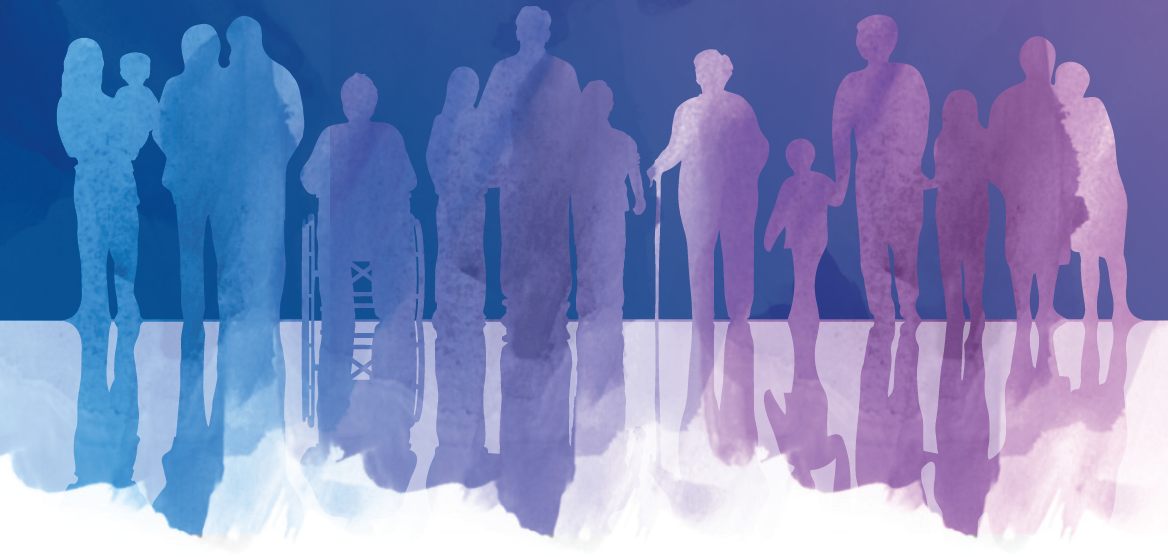
Making Family Law Better for Families
On this page…
open
Overview
Who: The Ministry of the Attorney General
What: To update parts of the Family Law Act to make it work better for families
Where: Province-wide
Why: To make the Family Law Act clearer and more responsive to families’ needs
How: Online, written submissions
Engagement Summary
Going through a divorce or separation is a difficult time for everyone involved. The justice system should be there to help – not make it harder.
BC is making changes to the Family Law Act to make it work better for families in B.C. The Family Law Act Modernization project is working now to identify and propose changes to update outdated provisions, fill gaps or add clarification for more consistent interpretation.
The Family Law Act (FLA) is B.C.’s primary statute for families going through separation and divorce. The statute:
- Places the safety and best interests of children first
- Encourages families to resolve their disputes outside of court
- Addresses family violence
- Clarifies parental responsibilities
- Clarifies the division of property
Phase 1 of the FLA modernization project included a review of the division of property and pensions, as well as spousal support provisions.
Phase 2 – Ways to participate
Everyone is encouraged to participate. The technical discussion paper includes information and questions that may be of particular interest to people who work in the family justice system. There are also four surveys for anyone who wishes to provide feedback based on lived experience with these topics.
Technical paper
Read the technical paper:
- Full paper (PDF, 1MB)
- Executive summary (PDF, 500KB)
- Individual chapters:
- Chapter 1 – Guardianship, Parenting Arrangements & Contact (PDF, 1MB)
- Chapter 2 – Relocation of a Child (PDF, 1MB)
- Chapter 3 – Child-Centered Decision Making (PDF, 1MB)
- Chapter 4 – Children’s Views & Parenting Assessments and Reports (PDF, 1MB)
- Chapter 5 – Family Violence & Protection Orders (PDF, 1MB)
Surveys
Respond to one or more of the surveys:
- Family Violence and Protection Orders
- Parenting Assessments and Views of the Child Reports
Child-centered decision making and section 211 reports - Time with and Care of Children
Relocation, guardianship, parenting arrangements, and contact - Indigenous Perspectives on Family Law
This survey brings together Indigenous considerations from each of the Phase 2 subject areas. If you identify as an Indigenous person or have experience supporting an Indigenous person in a family law matter, you are welcome to respond to the Indigenous Perspectives on Family Law survey or any of the other surveys. - Youth Survey
For young people between ages 12 to 18 who have gone through a family legal experience.
The BC Law Institute
The BC Law Institute is conducting policy and engagement work on the topic of parentage. Information about their engagement and how to participate is expected to be posted on their website in Winter 2024.
How your contribution makes a difference
By contributing feedback based on your expertise or lived experience, you can help inform policy and may contribute to legislative changes.
Your input is important to help identify specific areas where the Family Law Act might need to be updated, where there are gaps and/or where clarification might be needed.
Results (Phase 1)
For property division and spousal support:
- 92 survey submissions
- 16 written responses
The survey respondents included 39 interested members of the public, 15 lawyers, 13 legal professionals, and 25 other individuals many of which identified themselves as support workers. The written responses were submitted by lawyers, professional legal organizations, advocacy groups, a First Nation, a public organization, and a not-for-profit society.
Read the full What We Heard Report. A public consultation on the division of pensions under the FLA was conducted through the British Columbia Law Institute and the resulting report is published on their website.
These engagements informed Spring 2023 amendments to the Family Law Act. Through these changes, the BC government clarified the law around companion animals, property, and pensions to better meet the modern-day needs of separating couples.
The ministry is involved in ongoing discussions with Indigenous Peoples regarding the division of property that has Indigenous cultural significance when spouses separate.
Results (Phase 2)
The ministry conducted early dialogue sessions to better understand the lived experience of Indigenous Peoples regarding family law topics. First Nations Dialogue Sessions were held in May and June 2023.
- Read the full What We Heard Report (PDF, 7MB) produced by Mahihkan Management.
A Métis Dialogue Session has been developed in collaboration with Métis Nation British Columbia and is being planned for early 2024. A What We Heard report from this session will be posted here when it is available.
- Informational backgrounders on family law topics relevant to Indigenous families are available here: Making Family Law Better for Families – Province of British Columbia (gov.bc.ca)
- A report on the Phase 2 public engagement will be posted here when it is available






